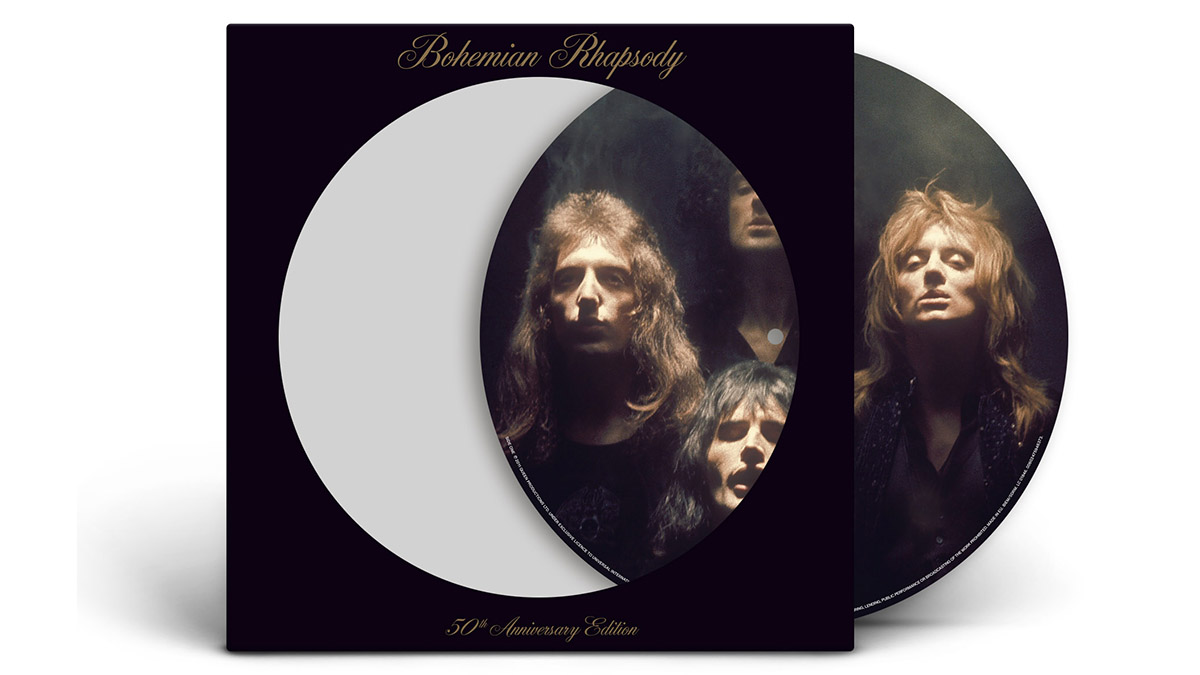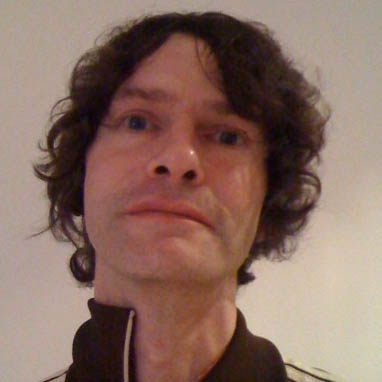"It’s a lot more complicated in many ways than Bohemian Rhapsody": Queen's most celebrated song marks its 50th anniversary today, but Roger Taylor and Brian May say that several songs they released in the years beforehand were arguably even more ambitious
The pair have been speaking on a new YouTube series dedicated to Bohemian Rhapsody

Today marks 50 years – half a century! – since Queen first released Bohemian Rhapsody. To celebrate the occasion they are to upload a special five-part series of their The Greatest YouTube series looking at the track and its parent album, A Night At The Opera.
Because we’ve all heard it hundreds, probably thousands, of times, it can be hard these days to place Bohemian Rhapsody in its original context, but in the interviews for the episode, Brian May and Roger Taylor have attempted to do so. The song, they explain, wasn’t the first time that the band had attempted a multi-part epic.
“It’s interesting,” said May. “Bohemian Rhapsody is viewed as a giant step for Queen creatively, but from the inside, it didn’t feel that way. It’s one of the threads of Queen in our development. You’ve only got to look at the first album, with My Fairy King.”
Roger Taylor picked out another track: “On the second album, Queen II, there’s a monumentally long and complicated track called March Of The Black Queen. It’s a lot more complicated in many ways than Bohemian Rhapsody.
“It involved a lot of rehearsal, a lot of singing and so many different little sections. It’s a track I like to listen to because of the complexity of it. I can’t believe we learned it all; it was so bloody long and laborious but satisfying.”
Meanwhile, May picks out another track from the Queen II album. “Now The Fairy Feller’s Masterstroke is incredibly complex, and ought to be just as shocking to people as Bohemian Rhapsody, because it's unique. No one's ever done anything like that, and all these little pieces that come in and go out and tings and contrapuntal things, and he's doing something over here, I'm doing something over here. We just remixed it all, and it's fascinating to make it all work.”
Taylor agrees: “It’s incredibly complicated. There are swooping, counter six-part harmonies here, there, coming in and crossing. It's very bloody complicated that song – and rather wonderful in its eccentricity, I think. Yeah. It's a nice, interesting track. It didn't come across as big as we thought it would, but it's an interesting exercise in eccentric over-elaboration.”
Want all the hottest music and gear news, reviews, deals, features and more, direct to your inbox? Sign up here.
It should be remembered that all those tracks on the road to Bohemian Rhapsody were recorded in 1973 and 1974; in other words, the golden age of prog rock, when multi-part epics with unusual time signatures were par for the course. Again, context.
The difference with Queen is that unlike, say, Genesis, they released their prog meisterwerk as a single, an incredibly brave move for a band who at that stage had only three Top 40 hits to their name. But as we now know, Bohemian Rhapsody became pop, even if in retrospect it can be seen as the final flourish of the progressive era.
Anyway, the first episode of the series is live now. And if you still can’t get enough Bohemian Rhapsody, it's also been reissued in an array of physical formats, including a special 50th anniversary edition vinyl with gold labels.

Will Simpson is a freelance music expert whose work has appeared in Classic Rock, Classic Pop, Guitarist and Total Guitar magazine. He is the author of 'Freedom Through Football: Inside Britain's Most Intrepid Sports Club' and his second book 'An American Cricket Odyssey' is due out in 2025.
You must confirm your public display name before commenting
Please logout and then login again, you will then be prompted to enter your display name.